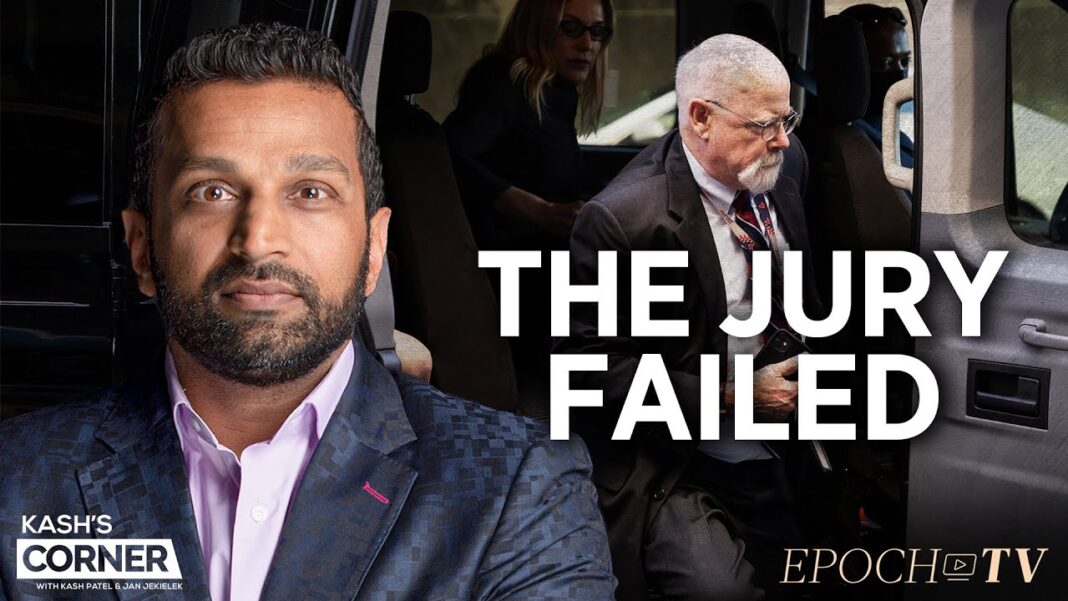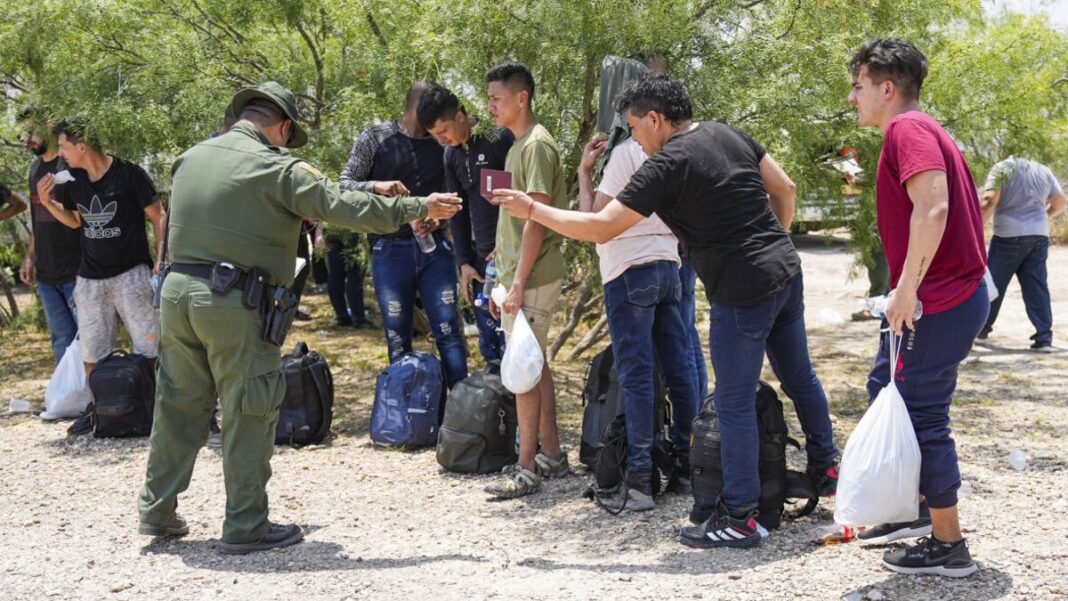
In an initial court appearance following his arrest on Friday for contempt of Congress, former Trump adviser Peter Navarro stood before an obviously concerned federal magistrate. “Every time that you’re speaking,” Judge Zia Faruqui tried to explain, “it could mean potentially putting yourself at risk.”
It was entirely sensible advice about self-protection — and it was promptly ignored. Navarro, 72, went directly outside and blasted the charge against him, the Democrats, and the FBI.
Judge Faruqui’s concern was almost charmingly naive. We live in an age of the sensational, not the sensible. The Navarro case is just one skirmish in a subpoena war engulfing Washington. No one seems to be thinking much beyond the next election.
In the buildup to next week’s start of public hearings by the House of Representatives’ Jan. 6 investigative committee, Democrats have subpoenaed Republican colleagues and held former Trump officials in contempt. Then, instead of simply arranging for Navarro to voluntarily surrender, the Justice Department made a dramatic public arrest of him at an airport and dragged him off to jail in handcuffs.
These subpoena fights seem to be unfolding with little consideration given to the potential costs, either for Washington institutions or the individuals involved.
Democrats circle the firing squad
A variety of polls show, according to the political site FiveThirtyEight, that “Americans are moving on from Jan. 6th — even if Congress hasn’t.” With waning interest in the investigation, congressional Democrats and some in the media have pushed “blockbuster” new disclosures. However, many of their disclosures simply confirm what is already known: Then-President Trump and close associates wanted to challenge Congress’ certification of the 2020 presidential election and, instead, force Congress to select the next president. I wrote about that likely strategy just a couple weeks after the election, but that fruitless effort turned into a full-fledged riot in the Capitol.
By Jonathan Turley





